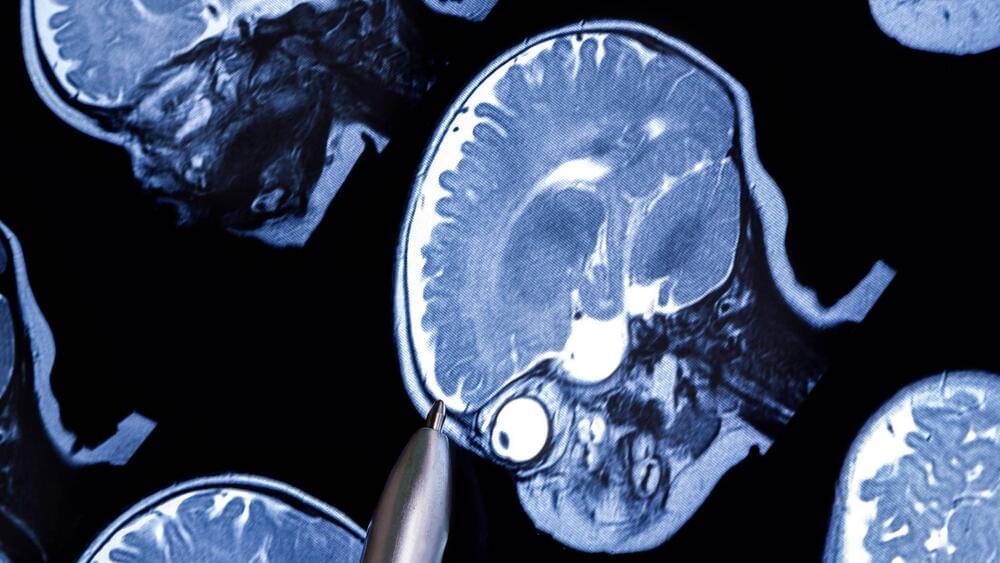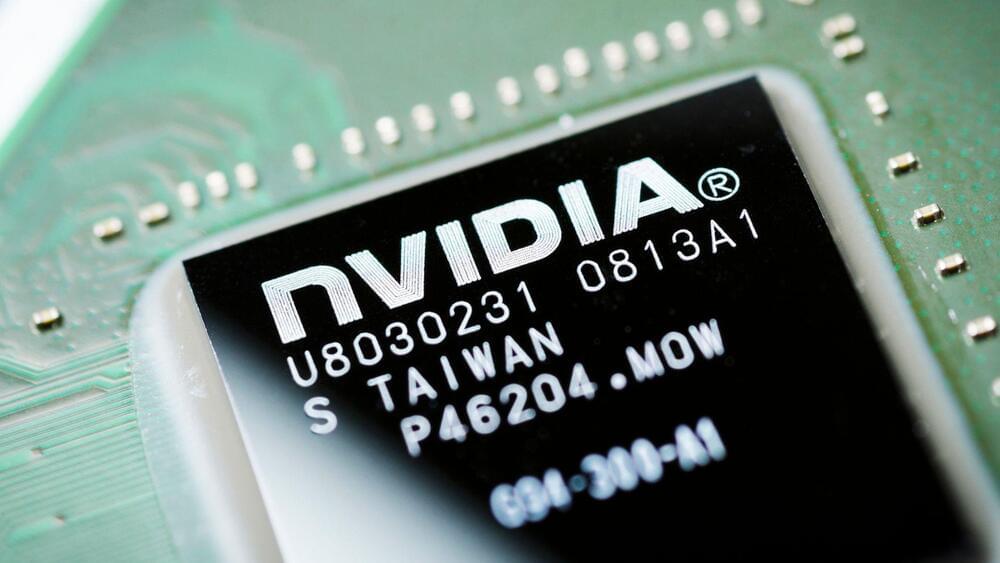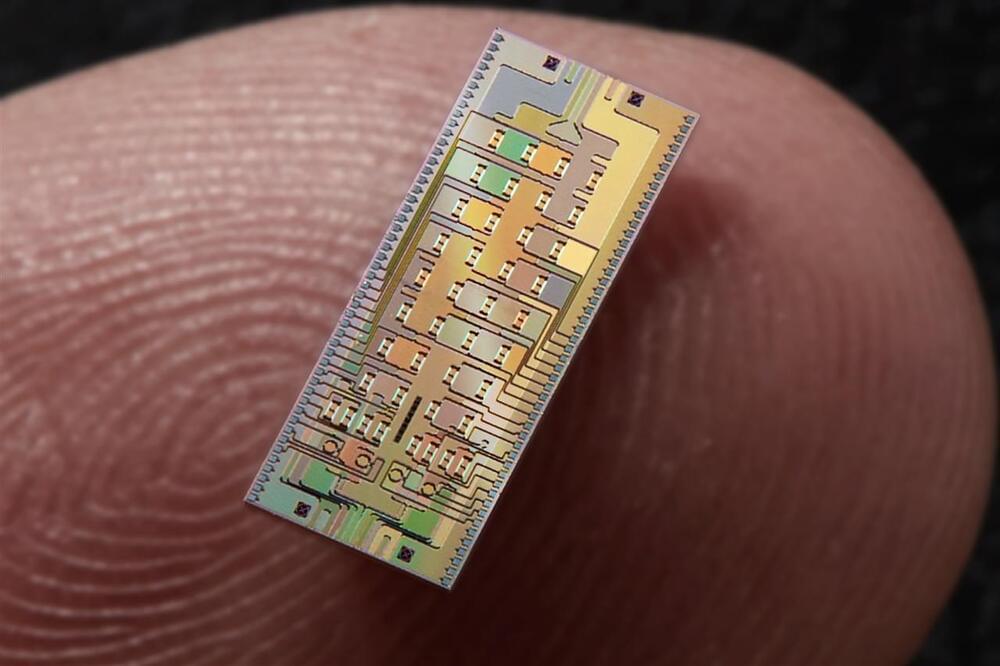“DT-MRI captures these abnormal connections that lead to the symptoms that children with autism often have, such as impaired social communication and repetitive behaviors.”
When it comes to autism, early diagnosis is key for effective intervention and support.
When it comes to autism, early diagnosis is key for effective intervention and support. Now, a newly created artificial intelligence (AI) system has been found to have the ability to diagnose children with autism between the ages of 24 and 48 months with a rate of 98.5 percent accuracy.
DT-MRI scans used
The innovation uses a process that categorizes diffusion tensor MRI (DT-MRI) scans of the brain, which refers to a specialized technology that detects how water moves along white matter tracts in the bodily organ.









